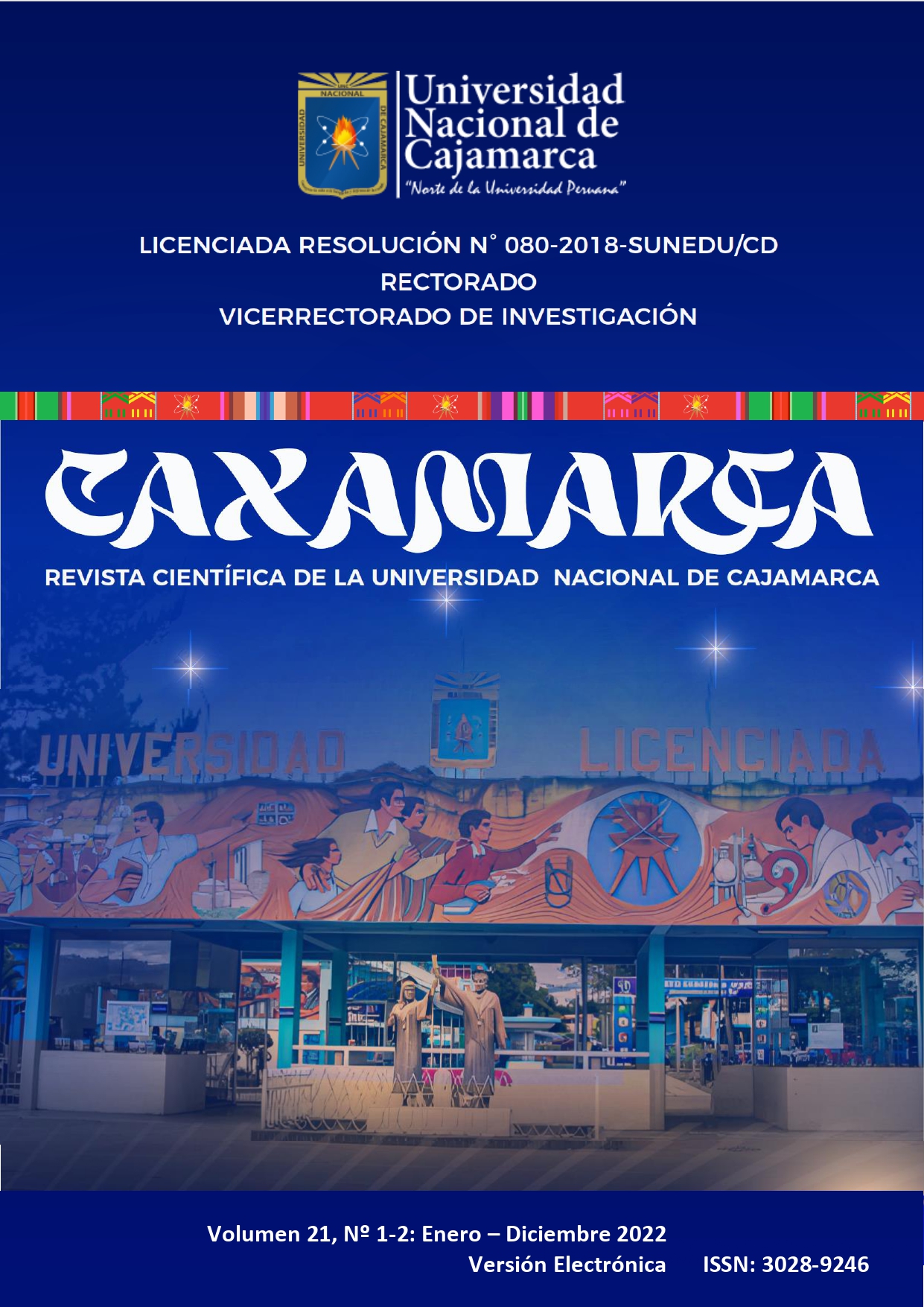Impact of Covid 19 on poverty and inequality in the city of Cajamarca
Keywords:
consumption, employment, GDP, incomeAbstract
This case study examines the impacts of the COVID-19 pandemic on the local economy of Cajamarca. A set of theories related to key economic variables, such as the value added to production, employment, income, and consumption, was compiled and systematized with the aim of determining the economic impact of COVID-19. This basic-level research seeks to understand, explain, and comprehend phenomena based on existing information. It is of a non-experimental descriptive nature, observing events without intervention. Additionally, it is cross-sectional, conducted at a single point in time in 2020, comparing it with previous scenarios. The information was obtained from INEI and is based on the ENAHO for the years 2018, 2019, and 2020. The conclusions indicate that the restrictions imposed to prevent the pandemic and the inability to carry out productive activities normally lead to a reduction in production in the city, evidenced by a 9% decrease in GDP in 2020. This variable is interconnected with other important economic variables, such as formal employment, which drops from 12% to 9%, reflecting a deterioration in the quality of the workforce. This employment deterioration results in a roughly 11% decrease in labor income. Ultimately, the reduction in income contracts household consumption, which experiences a 16% decline, impacting the well-being and quality of life of the studied population.
Downloads
Downloads
Published
Issue
Section
License
Copyright (c) 2022 Caxamarca

This work is licensed under a Creative Commons Attribution-NonCommercial-ShareAlike 4.0 International License.





